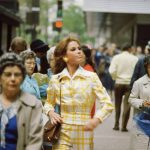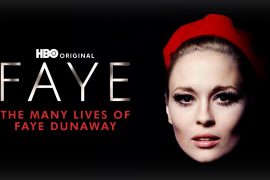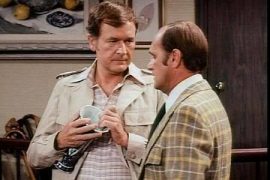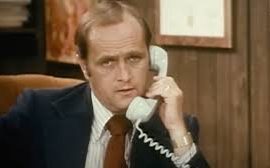Like his music, Robbie Robertson never seemed to grow old. That he lived a long and fruitful artistic life cannot be denied. He packed a lot into his 80 years before succumbing to a lengthy illness this week in Los Angeles.
Robertson always seemed — and looked — younger than contemporaries such as Mick Jagger and Keith Richards. The Toronto native was just 16 when his band opened for Ronnie Hawkins, waking up the Yonge Street bar scene back in the late ’50s. He teamed with fellow Ontarians Rick Danko, Richard Manuel and Garth Hudson, along with American drummer Levon Helm, as they backed Hawkins into the ’60s. The quartet eventually split from Hawkins and formed The Band in 1968 — 55 years ago.
Their debut album, Music From Big Pink, yielded “The Weight,” which was written by guitarist Robertson. He went on to write several more hits for The Band, including “The Night They Drove Old Dixie Down,” “Up on Cripple Creek” and “The Shape I’m In.” By 1969 they were defining country rock on The Ed Sullivan Show; one year later, they were on the cover of Time magazine.
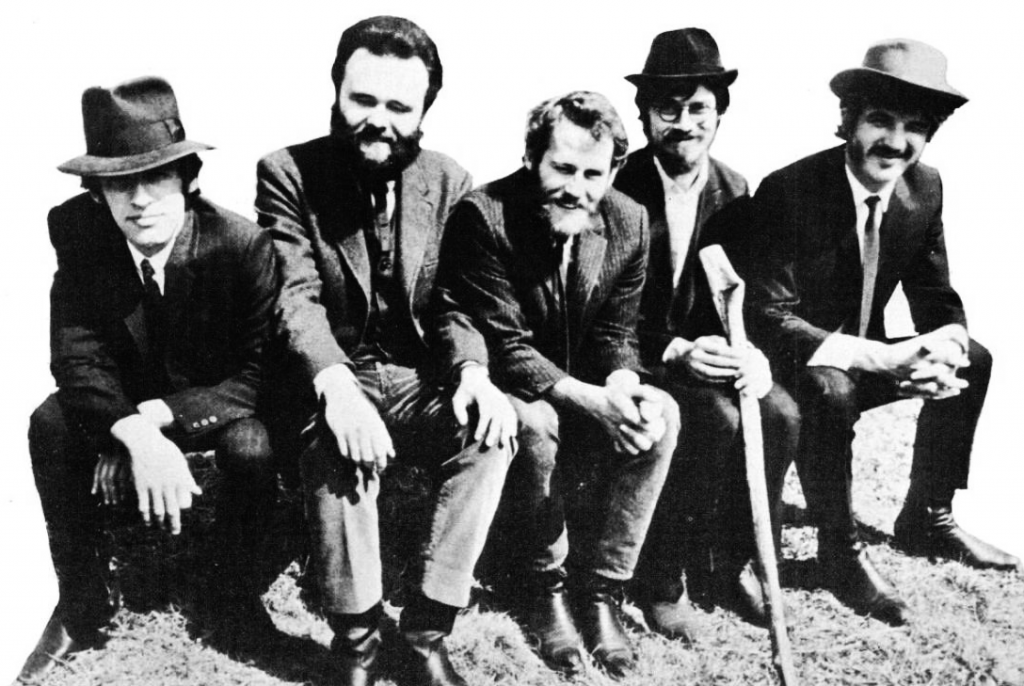
Late in 1976, Robertson and his Band mates were joined on stage by an all-star lineup of guests, including former touring partner Bob Dylan as well as fellow Canadians Joni Mitchell and Neil Young, for a memorable final performance. It was captured for posterity in Martin Scorsese’s groundbreaking documentary “The Last Waltz” (1978).
Robertson went on to enjoy a robust solo career, excelling as a songwriter and guitarist for hire with Neil Diamond, Eric Clapton, Ringo Starr, Joni Mitchell, Carly Simon and James Taylor. In the ’80s, he had his own moody hit with the unique, half-spoken single, “Somewhere Down the Crazy River.”
Throughout the decades he continued to work with Scorsese, writing music for “Raging Bull,” “The King of Comedy,” “The Color of Money,” “Casino,” “The Departed,” “Gangs of New York” and even on “The Irishman.” The director and the singer-songwriter recently teamed again on Scorsese’s upcoming western feature, “Killers of the Flower Moon.”
advertisement
Robertson, whose mother was Cayuga and Mohawk, paid homage to his native ancestry in his later work, mixing Canadian First Nations influences with experimental electronic vibes with the 1998 album, “Contact From the Underworld of Redboy.”
Somehow he found time to write a packed autobiography titled Testament (2016). I had just read it in 2018 when I ran into Robertson at a downtown Toronto hotel. What brought me there was being asked by friend and producer Mark Selby to be a commentator for the documentary, “Beyond Famous: The Canadian Walk of Fame.” As I stood up and stepped out of the lights, Robertson was coming in as the next talking head.
This didn’t seem right. I’m a typist; Robertson IS the Canadian Walk of Fame. All I could do was blurt that I had just read his book, and that it was fantastic. He said thanks, and looked much younger than his years.
The musician’s life is well chronicled in director Daniel Roher’s fascinating documentary, “Once Were Brothers: Robbie Robertson and The Band” (2019). If you haven’t seen it, see it; then watch Robertson jam with his ol’ pal Ringo and various other musicians on locations around the world in the Playing for Change, 50th anniversary, re-boot of “The Weight.” It is a timeless song that will lift the weight of almost anything — even the news of Robertson’s own passing.


